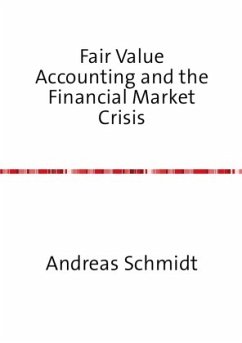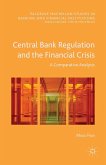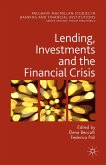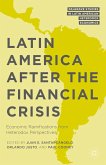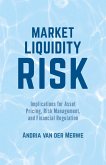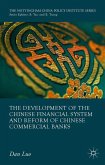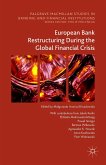The subprime financial crisis impacted the economy on a global level and was accompanied by manifold discussions regarding the involvement of fair value accounting principles. The debate reached its temporary peak in late 2008, when the IASB amended the rules of fair value accounting for seriously distressed financial institutions to prevent further recognition of fair value losses. During the last decades, European financial markets showed a strong trend towards liberalization, deregulation and economic integration, but at the same time these developments are held responsible to make financial systems more unstable, fragile, and prone to crisis. This study investigates the recurrent occurrence of financial crises in general thereby focusing on the interdependence between the latest subprime crisis and fair value financial instruments of European banks in particular. Financial institutions play an important role in financial crises as they are the predominant appliers of fair value accounting principles under IAS 39. The business models of financial institutions are presented and the associated risk types indicate the increased vulnerability towards market interruptions. The consideration of several preceding financial crises shows that they may be triggered under different scenarios. However, they follow a similar pattern and have some comparable characteristics. In this context an "ideal-typical" course of a financial crisis in developed economies is presented. The study shows that fair value accounting was not responsible for the latest crisis. However, there are legitimate concerns about financial reporting at fair value that came to the fore during times of crisis. Critics argue that fair value accounting leads to instability in financial markets due to irrational investors' behavior, procylicality, liquidity problems, and increases of company-specific subjectivity in absence of market prices. Using a comprehensive sample of 316 European IFRS applying financial institutions, the impact of fair value accounting throughout European banks is examined and upon procyclical effects of fair value financial instruments observed during the period 2006 to 2010.
Bitte wählen Sie Ihr Anliegen aus.
Rechnungen
Retourenschein anfordern
Bestellstatus
Storno

